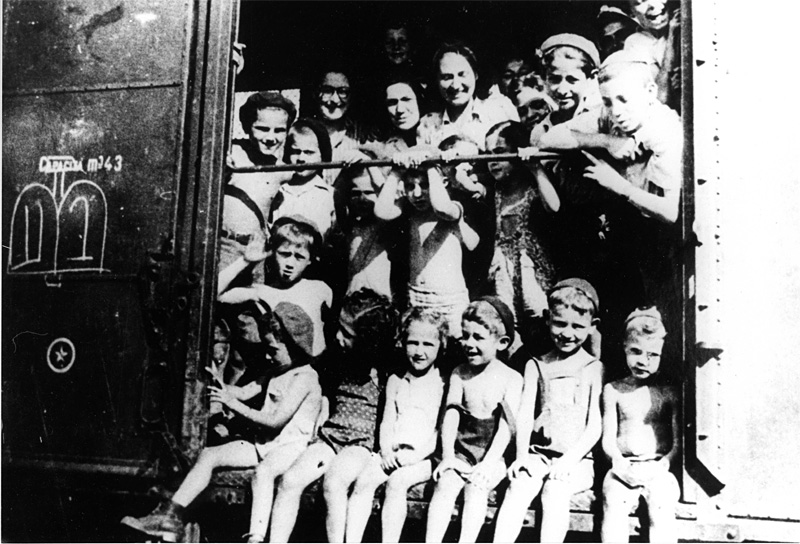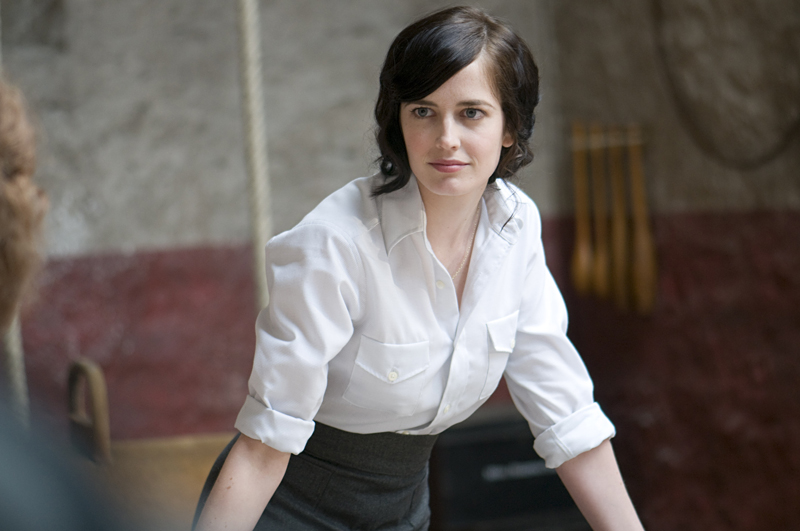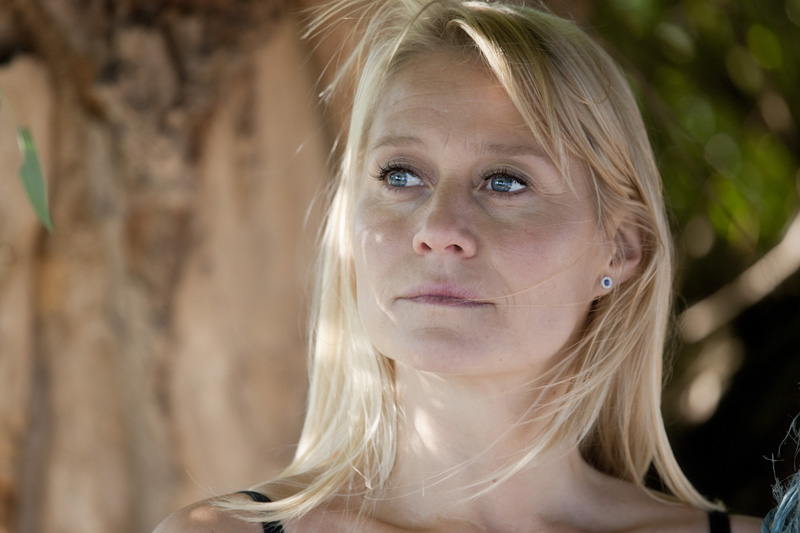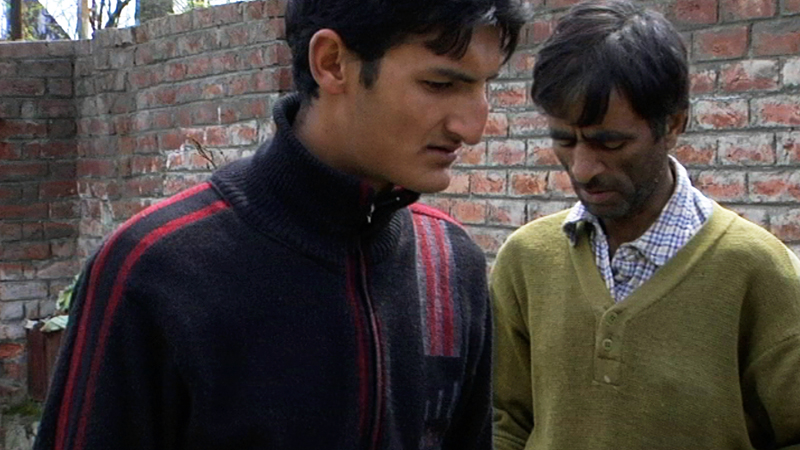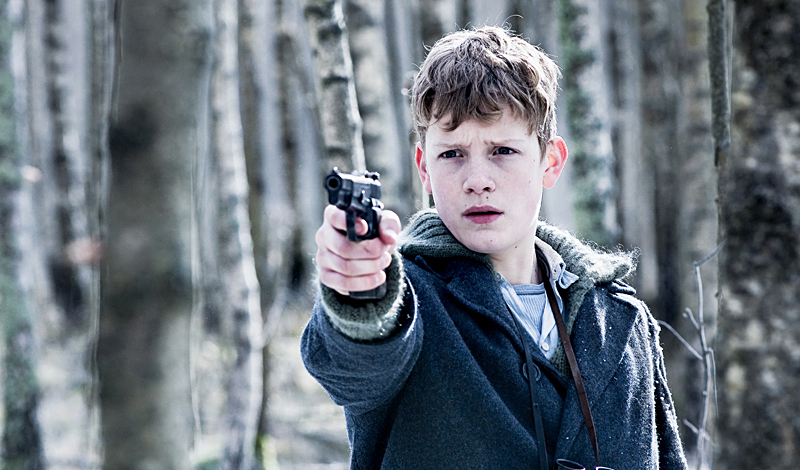For the dwindling number of Holocaust survivors who still remember him, and the thousands of young Jews and Israelis who don’t, there’s a lot riding on the posthumous reputation of Rezsö Kasztner, a Hungarian Jewish community leader who did business with Adolf Eichmann in return for a rescue train out of Budapest for Jews, among them his own family. As documentary filmmaker Gaylen Ross shows, it’s a measure of Israel’s confusion over what could possibly qualify as purity of motive under such circumstances that Kasztner was tried as a collaborator in 1954 in Israel, gunned down by a Jewish extremist in Tel Aviv, and then rehabilitated after his death (while Hannah Senesh—the novice partisan who parachuted into Budapest and saved not a soul, but was killed by the Nazis—was all but canonized). With first-person witness accounts from crackerjack talking graybeards, Ross is very good at teasing out the politics behind Kasztner’s shifting fortunes, not to mention his murky ambitions. But closure is the last thing that’s needed here, and I wish she hadn’t parlayed the coup of getting Kasztner’s assassin (an articulate armchair philosopher who clearly lives in hell) into a horribly mawkish face-to-face with Kasztner’s still-grieving daughter and her children. As the murderer says when Ross drags him to the crime scene to re-enact the shooting, “I showed you the bottom of my soul.” Why do you need to see the bricks?
Killing Kasztner: A Little-Known Tale of the Holocaust
